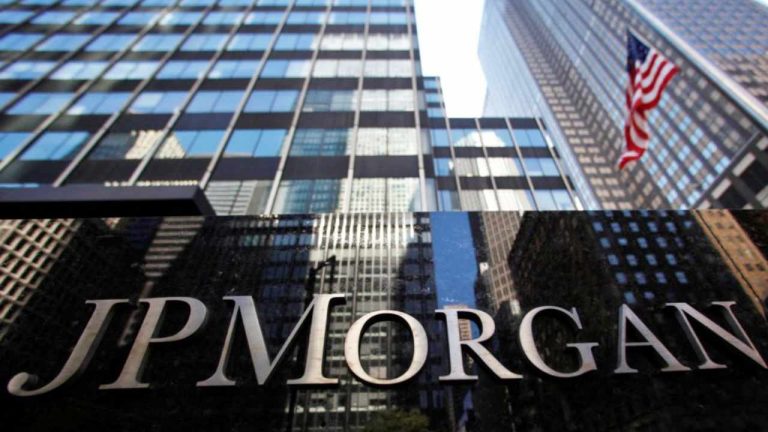
JPMorgan has outlined key changes it expects in the crypto industry and its regulation following the collapse of crypto exchange FTX. The global investment bank envisages several new regulatory initiatives, including those focusing on custody, customer asset protection, and transparency.
JPMorgan Expects Major Changes in Crypto Industry Post FTX Meltdown
Global investment bank JPMorgan published a report Thursday outlining major changes it expects to happen in the crypto industry following the collapse of cryptocurrency exchange FTX.
Global strategist Nikolaos Panigirtzoglou explained that “Not only has the collapse of FTX and its sister company Alameda Research created a cascade of crypto entity collapse and suspension of withdrawals,” but it is also “likely to increase investor and regulatory pressure on crypto entities to disclose more information about their balance sheets.”
Panigirtzoglou proceeded to list the main changes JPMorgan expects after the FTX meltdown. Firstly, he wrote:
Existing regulatory initiatives already underway are likely to be brought forward.
The JPMorgan strategist expects the European Union’s Markets in Crypto Assets (MiCA) bill to receive final approval before year-end and the regulation to take effect at some point in 2024.
As for the U.S., he explained that “regulatory initiatives attracted more interest following Terra’s collapse,” adding:
Our guess is that there would be even more urgency following the FTX collapse.
“A key debate among U.S. regulators centers around the classification of cryptocurrencies as either securities or commodities,” Panigirtzoglou continued.
The chairman of the U.S. Securities and Exchange Commission (SEC), Gary Gensler, has said that bitcoin is a commodity whereas most other crypto tokens are securities. However, several bills have been introduced in Congress to make the Commodity Futures Trading Commission (CFTC) the primary regulator of crypto assets.
JPMorgan also envisages:
New regulatory initiatives are likely to emerge focusing on custody and protection of customers’ digital assets as in the traditional financial system.
Noting that many retail crypto investors have already moved to self-custody their cryptocurrencies using hardware wallets, the strategist described: “The main beneficiaries post FTX collapse are institutional crypto custodians … Over time these trusted custodians will likely dominate over relatively smaller crypto-native custodians or crypto exchanges.”
Next, “New regulatory initiatives are likely to emerge focusing on unbundling of broker, trading, lending, clearing, and custody activities as in the traditional financial system,” the JPMorgan report adds, noting:
This unbundling will have most implications for exchanges which like FTX combined all these activities raising issues about customers’ asset protection, market manipulation, and conflicts of interest.
Furthermore, “New regulatory initiatives are likely to emerge focusing on transparency mandating regular reporting and auditing of reserves, assets, and liabilities across major crypto entities,” the JPMorgan strategist detailed.
Another major change identified by the investment bank is that “Crypto derivative markets will likely see a shift into regulated venues with CME emerging as a winner.”
Panigirtzoglou also discussed decentralized exchanges (DEX), noting that they face several hurdles until decentralized finance (defi) becomes mainstream. “For larger institutions, DEXs typically would not suffice for their larger orders due to slower transaction speed or their trading strategies and order size to be traceable on the blockchain,” the JPMorgan strategist opined.
Do you agree with JPMorgan’s analysis? Let us know in the comments section below.
source https://news.bitcoin.com/jpmorgan-expects-major-changes-coming-to-crypto-industry-and-regulation-post-ftx-collapse/
Komentar
Posting Komentar